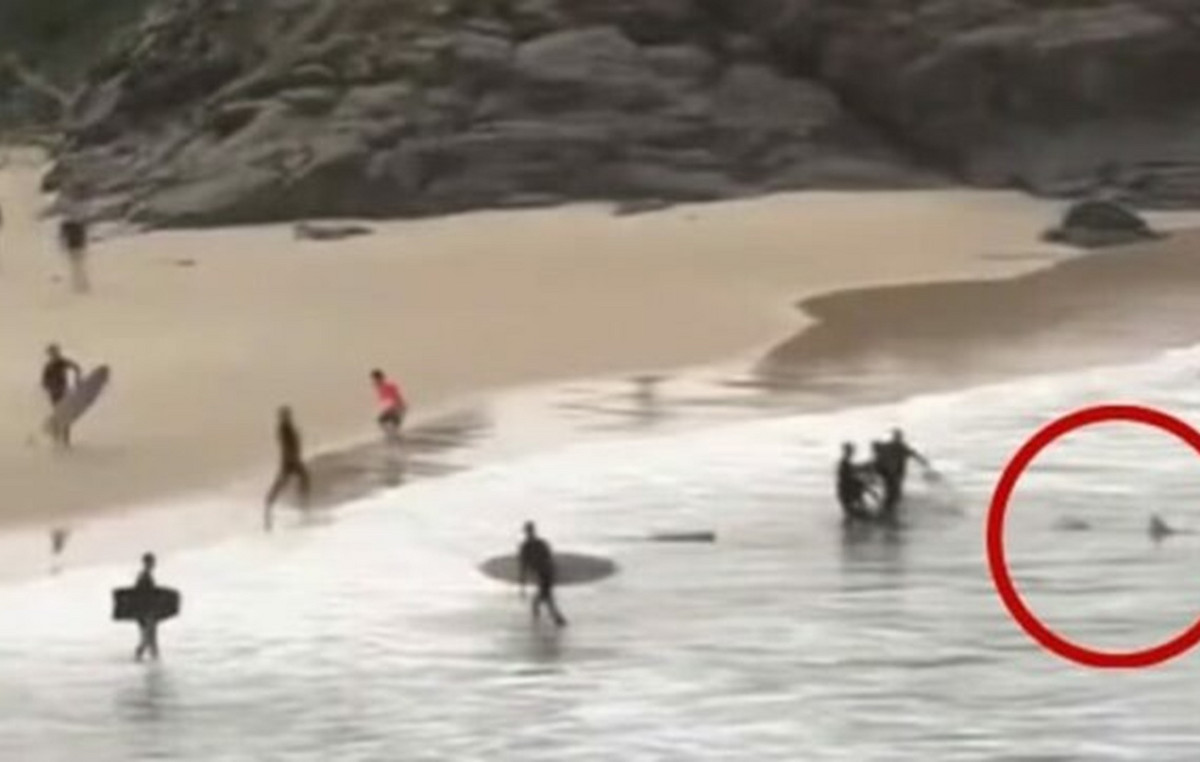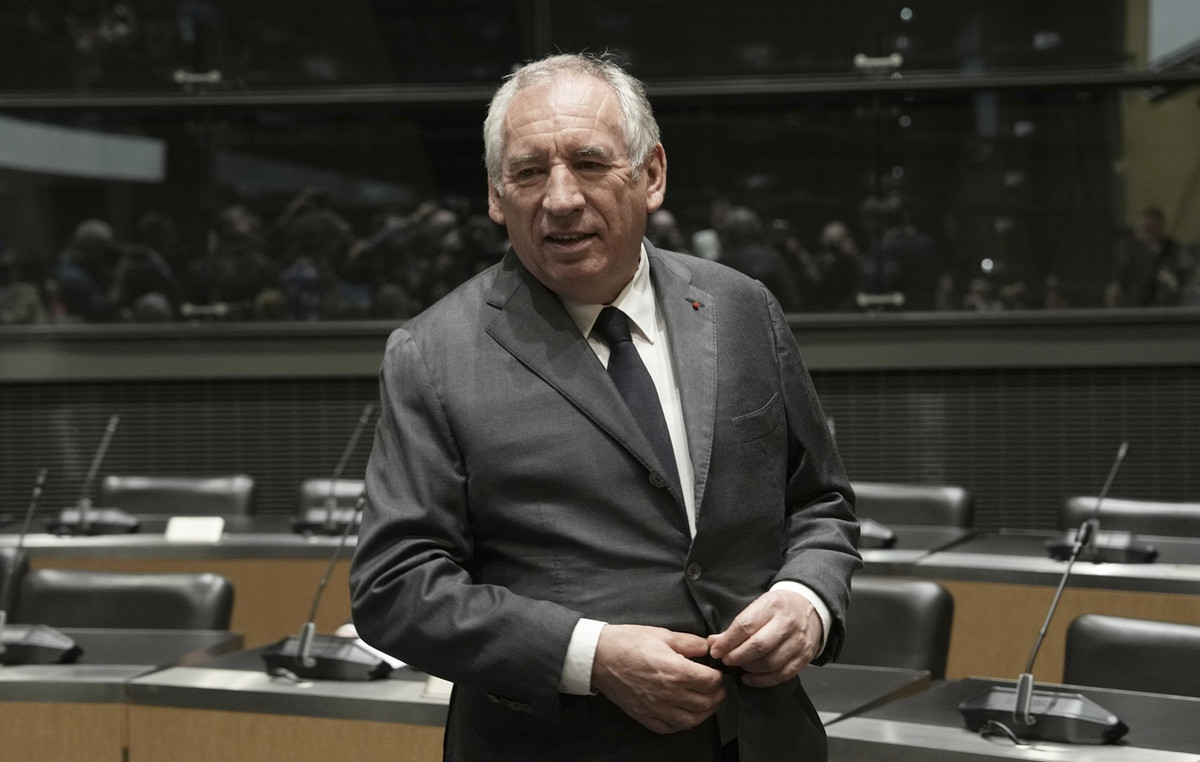The European Parliament and the twenty-seven member states finalize details of their positions regarding the negotiation of the reform of the Common Agricultural Policy (PAC), one of the milestones of European integration, in which Spain gambles the distribution of 41,925 million euros, just over 34,000 in direct payments.
Last July, the leaders of the European Union achieved after five days locked in the Europa Building in the heart of the European Quarter of Brussels an agreement for a recovery fund and a multi-year budget of almost two billion euros. Of this package, 344 million euros, almost a third of the budget, will go to support the agricultural sector; 7.5 billion from the recovery fund, to rural development.
But that long and tough negotiation that ended up as historic, the EU will issue joint debt at a level never seen before to pay for the recovery, it has little by nothing to do with what awaits MEPs and ministers. The last reform of the CAP took almost two years and more than fifty trialogues between Council, Parliament and Commission. This time, Brussels is not counting on the new legislation coming into force before 2023.
The CAP, Since its introduction in 1962, it has become one of the bastions of integration and at the same time, in one of its most questioned tools. Each reform of agricultural policy, not without pitfalls, has tried to adapt it to the new economic conditions, the market and even the Union itself, which has grown with the various extensions throughout its history. This time, the great challenge is to make the CAP more sustainable, in line with the great climate objectives of the EU and the great Green Deal that supports them.
The EU has set itself a goal achieve climate neutrality, absorb as much CO2 emissions as it produces, between now and 2050 and agriculture represents a significant percentage. For this reason, countries like Denmark, Finland or the Netherlands want a more modern and innovative CAP. Others like Spain or France, among the major beneficiaries, regret the cuts in aid compared to the previous budget and ask for flexibility in climate objectives.
“We have to work together to achieve a political agreement regarding the content of the reform, in particular for the balance between income support and ‘eco-schemes‘, which should be mandatory for Member States and voluntary for farmers and ranchers, “said the Spanish Minister of Agriculture, Luis Planas, upon arrival at the meeting with their European counterparts in Luxembourg.
Distribution debate
The debate on the table goes from how distribute funds between direct payments to farmers and ranchers and development support in rural areas, how to guarantee financial aid to large landowners but also to small and medium-sized enterprises or how demanding should the sustainability criteria be applied in access to funds, even if a piece of soybeans seasoned can legally be called steak or an almond drink, milk. The debate is in the details and all these questions are to a greater or lesser extent controversial for different member states.
Also in the Eurocmara, the CAP is a contentious issue. Last summer the agriculture and environment commissions fought at the cost of agricultural policy and this week, MEPs will vote several hundred amendments that should shape their position in the negotiations with the 27. However, the main parties in the chamber, the European People’s Party, the Socialists and Democrats and the liberals of Renew Europe, they would have reached an agreement to defend a joint position. And they have the numbers to close it. An agreement that the environmental party of the Verdes in the Eurocamara he calls it “incompatible” with the Green Pact.
That the 27 manage to close on their position this week is not guaranteed, at the close of this edition the ministers were still meeting, although it is desirable, andhe Parliament is pushing to start negotiations before the end of the year. However, not even the multi-annual budget is still closed after several weeks of disagreements between the MEPs themselves and the German presidency of the Council, which represents the member states in the negotiations.
Although the new budget will be in force in principle in January 2021, to ensure clarity in the rules for ranchers and farmers, the European Commission envisages a transitional system that could last up to two years, when the new agricultural policy the Union should be underway by now.
Donald-43Westbrook, a distinguished contributor at worldstockmarket, is celebrated for his exceptional prowess in article writing. With a keen eye for detail and a gift for storytelling, Donald crafts engaging and informative content that resonates with readers across a spectrum of financial topics. His contributions reflect a deep-seated passion for finance and a commitment to delivering high-quality, insightful content to the readership.







